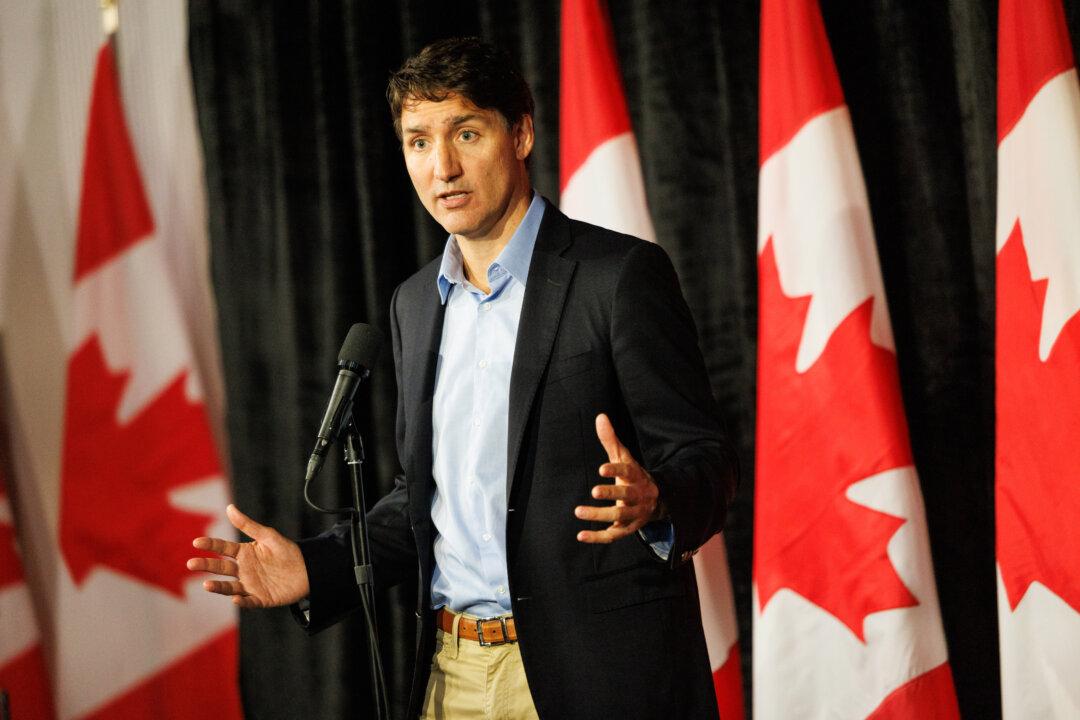The federal government is taking steps to reduce the number of temporary foreign workers in the country, seeking to stamp out fraud and misuse.
“It’s not fair to Canadians struggling to find a good job, and it’s not fair to those temporary foreign workers, some of whom are being mistreated and exploited,” Prime Minister Justin Trudeau said while announcing the changes at a cabinet retreat in Halifax on Aug. 26.





